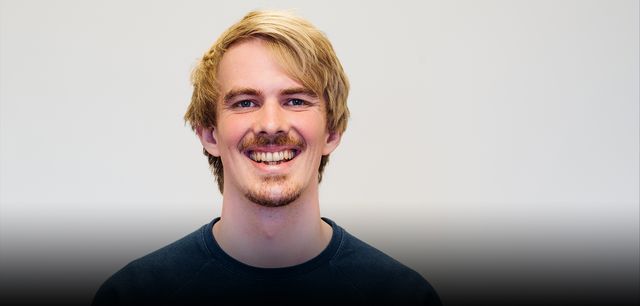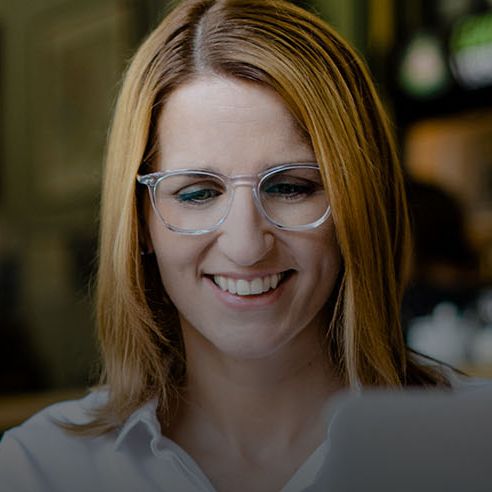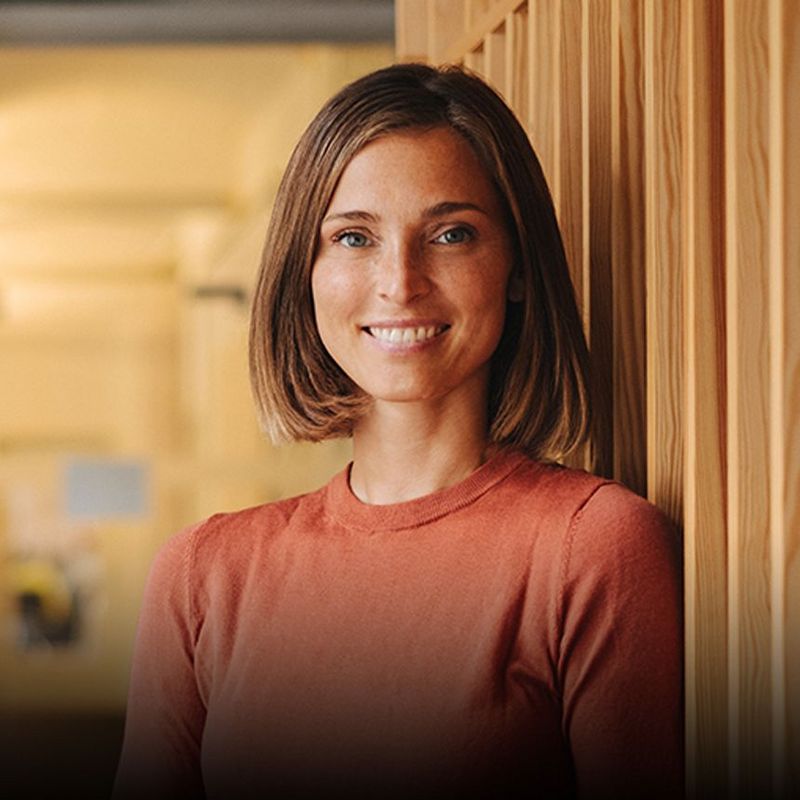15. April 2021
About eight years ago Tobias Polsfuss moved into a shared flat for people with and without disabilities. His enthusiasm for inclusive house sharing soon led him to ask why this form of household was still so uncommon. It was in 2016, with the aim of changing this, that he set up the wohnsinn.org website - an information platform for and about inclusive shared households which those looking for and offering this kind of accommodation could also post on. This voluntary one-man project has now turned into a social enterprise that promotes inclusive living both digitally and the old-fashioned way.
Name: Tobias Polsfuss
Age: 28
Occupation: Managing Director and Federal Coordinator of the WOHN:SINN Bündnis für inklusives Wohnen (Alliance for Inclusive Living)
Website: www.wohnsinn.org
What is WOHN:SINN?
WOHN:SINN is a Germany-wide alliance for inclusive living. We are committed to ensuring that people with disabilities can live autonomously in the heart of society. To this end, we support private groups and organisations in their efforts to set up and run inclusive shared households.
How did the idea come about?
I myself moved into an inclusive shared flat in Munich almost eight years ago. I live with five flatmates with disabilities and three without. I’ve enjoyed our colourful shared living situation from the very beginning and have always been astonished that so few people know about this kind of household. This astonishment motivated me to set up the wohnsinn.org Internet site which provides information about inclusive living. At the same time, I personally visited many of the projects and talked to the people involved. With all these new contacts, I founded the network called WOHN:SINN – Bündnis für inklusives Wohnen e.V. in 2018.
The world needs WOHN:SINN because ...
... people with disabilities are unfortunately still severely disadvantaged when it comes to shaping their own lives. For example, around half of adults with so-called learning difficulties still live with their parents. The majority of the other half live in institutional settings like care homes, where their daily lives are highly regulated and they have little contact with people from the outside. And yet, in some places there have been inclusive households for over 30 years.
How does WOHN:SINN support people who want to set up an inclusive shared household or already live in one?
We support them with a wide range of information, our network and PR and research. In our four regional offices in Cologne, Bremen, Munich and Dresden, project groups and organisations can get free advice on how to get started. For those who are interested, we offer information events online and will hopefully soon be able to offer them face-to-face once again. A lot of people also benefit from the opportunities for dialogue in our network. For example, we organise regular meetings of professionals in inclusive households, and every year we put on a weekend full of interesting activities for all our members.
What are the biggest obstacles to setting up an inclusive shared household?
This varies a bit by project and region. Private groups often face a lot of legal and financial hurdles. On the other hand, it’s often difficult for the established providers of disability assistance to leave old patterns of thought and provision structures behind and to get involved in the self-determined, flexible and family-like character of an inclusive shared household. In many places, of course, there’s also a lack of suitable housing and, in all too many cases, political will.
What was the biggest surprise for you in your everyday experience of living together?
Thinking back, when I moved in I thought I’d primarily be in the role of giving to the community and that my disabled flatmates would tend just to take what was on offer. Since then, it’s become obvious that everyone benefits. For example, a different person cooks dinner every night. Except when it’s my turn, I sit down every evening at a fully laid dining table. Where else do you find this in shared accommodation?
And the biggest challenge?
Our cat Marta and my allergy really had to battle it out at the beginning. Otherwise, of course, it’s important in a nine-person flat to be able to withdraw and insist on having your privacy respected. Since I’m on a roster to help my disabled flatmates in their daily life at certain times but am otherwise “just” one of the guys, you sometimes get a certain conflict of roles.
“We’re gathering together insights from successful inclusive housing projects and compiling them for people who want to set up an inclusive household themselves.”
What’s the aim of the project “Living inclusively – living together with autonomy”?
We’re gathering together insights from successful inclusive housing projects and compiling them for people who want to set up an inclusive household themselves. To this end, we’re doing research into what makes for good inclusive living, setting up four regional counselling centres and developing our website into a learning platform for inclusive living.
What's next for WOHN:SINN?
Thanks to the support of the “Aktion Mensch Stiftung” foundation and other sponsors, our voluntary association became a small social enterprise at the beginning of 2020. We were recently included in the global network for social innovation known as Ashoka. Together, we want to expand our existing online and consulting services and work on a lot of new ideas. We’re making every effort to ensure that inclusive shared households will at some point be as easy to set up as any other.
Which digital product has yet to be invented?
Automatic subtitles that really match the content would be a milestone for digital accessibility and save hours of editorial work.
And which products can you do without?
I think a lot of technical products are complicated by a proliferation of unnecessary functions. Every cooker and toothbrush suddenly has to be smart. Most new products run on batteries. I basically just spend my time reading manuals and charging batteries. More sustainability, data protection and simplicity in return for fewer gimmicks would be good for digitalisation.
Would you like a household robot?
Sounds tempting! On the other hand, there’s something relaxing about doing a bit of cleaning while listening to a good podcast. That probably changes when you have kids.
Which technical application will always remain a mystery for you?
Voice assistants. I think the added value is disproportionately low in relation to the security risk.
When were you last offline for 24 hours?
When I went canoeing in Mecklenburg. I’ve got to admit that it wasn’t really by choice: you can still find some tucked-away parts of Germany which don’t have the Internet.
A holiday without Wi-Fi: Is that a dream or a nightmare?
When you’re out in nature, it’s an absolute dream come true. Mind you, I quickly get lost without a navigation app.
In the #explore format we’re giving a regular voice to exciting and inspiring people from the digital scene: Researchers, bloggers, start-up founders, entrepreneurs, hackers and visionaries.


